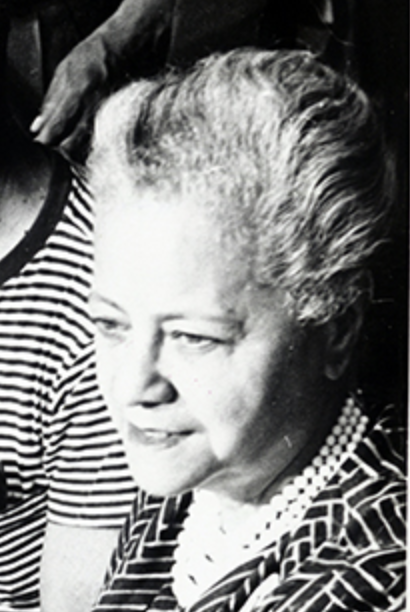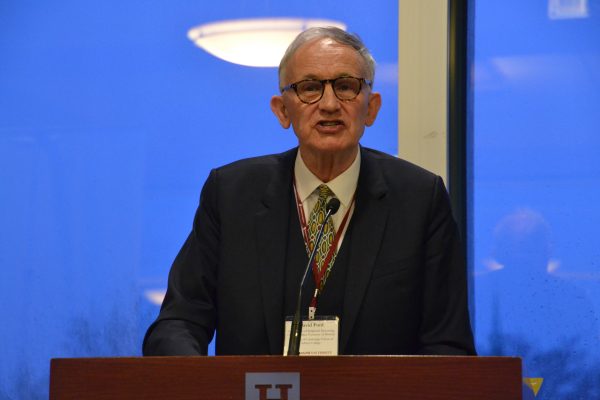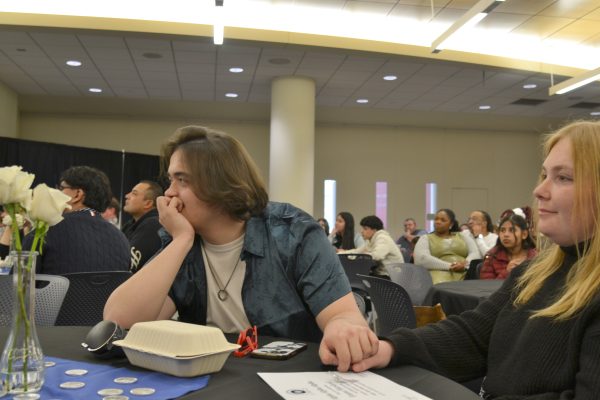A life devoted to justice
The Oracle remembers Anna Arnold Hedgeman, one of the most influential leaders of the civil rights movement and Hamline’s first graduate of color.
sourced from Wiki Commons
Anna Arnold Hedgeman, Hamline
alumna and activist, was born on July 5, 1899.
February 24, 2021
On a warm August day in 1963, one of the most memorable moments of the civil rights movement took place. Hundreds of thousands of people marched in Washington D.C. for racial equality. The event included the famous “I Have a Dream” speech by Martin Luther King Jr. But, the March on Washington would not have been possible without a Hamline graduate that has mostly been left out of history.
Anna Arnold Hedgeman graduated from Hamline in 1922 and was the university’s first student of color. Born in Iowa, Hedgeman was raised in Anoka, Minnesota, at a time when there were less than 50 Black residents in the town. She would go on to attend Hamline to pursue teaching, but racial discrimination posed a number of challenges for her.
“As a Black woman, she could not student teach in the state of Minnesota, and when she graduated with her degree, she could not teach in Minnesota,” said Carlos Sneed, the director of the Hedgeman Center which is named after Hedgeman and focuses on student diversity and inclusion.
Hedgeman took a position teaching at Rust College, a historically Black college and university (HBCU) located in Mississippi. While there, she would experience opaque and violent racial segregation for the first time, inspiring her to become involved with the civil rights movement. This is a cause she remained passionate about when she moved out east, working for the YWCA USA Inc. and becoming a prominent figure in causes that included all aspects of her identity.
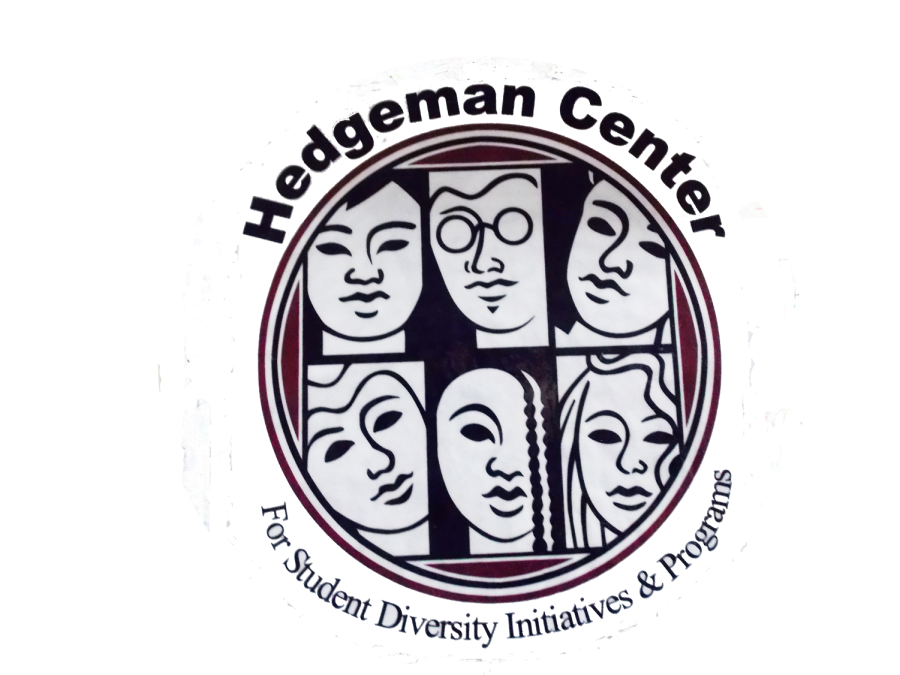
The Hedgeman Center, located on the third floor of Anderson, is dedicated to diversity and inclusion based of of the example set by Anna Arnold Hedgeman.
“She was working on economic justice, she was working on racial justice, she was working on gender justice; and she was using her experiences, her vision, and her values that came from a Christian, United Methodist view,” Sneed said.
As notable figures of the civil rights movement began to organize the March on Washington, they called on Hedgeman to help organize the event. She became the only woman on the committee. In charge of logistics, Hedgeman was responsible for transportation to get people in and out of the city safely and helped recruit 40,000 white participants through her church connections.
“Well over half [of white participants] came because of their religious connection and their connection to Anna Arnold Hedgeman,” Sneed said.
Despite being a major part of planning the march, Hedgeman was not allowed to speak, and the contribution of Black women activists to the civil rights movement was largely glossed over. While other figures from that day have become household names, Anna Arnold Hedgeman is mostly unknown even in her home state and university.
“She was this trusted confidante of civil rights leaders,” Sneed said, “but sometimes the people who do the most work in pushing a movement forward are never celebrated. Their names get lost.”
Hedgeman continued her activism after the march, still maintaining an intersectional approach to complicated social issues. She received honorary doctorates from both Hamline and Howard University, another HBCU that where she worked, and would go on to write two memoirs. She regularly returned to Hamline to lecture and was known for sitting on the lawn outside of Old Main and having discussions with students and sharing her experiences.
Throughout her life she worked toward furthering justice, fighting for equal treatment for all, often without recognition. Her legacy continues today and more is being done to bring it to the forefront, including plans by the Hedgeman Center to commemorate the 100th anniversary of her graduation next year.
“For white students, it’s important that they learn about the sacrifices and successes of people of color,” Sneed said, “how they fought daily to be there and be recognized.”
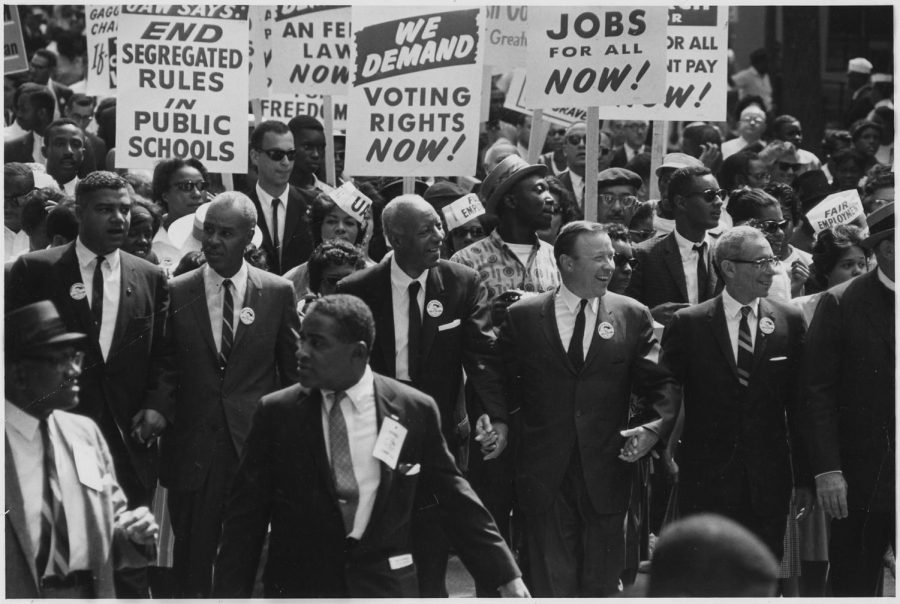
The 1963 March on Washington in which Hedgeman helped organize.

